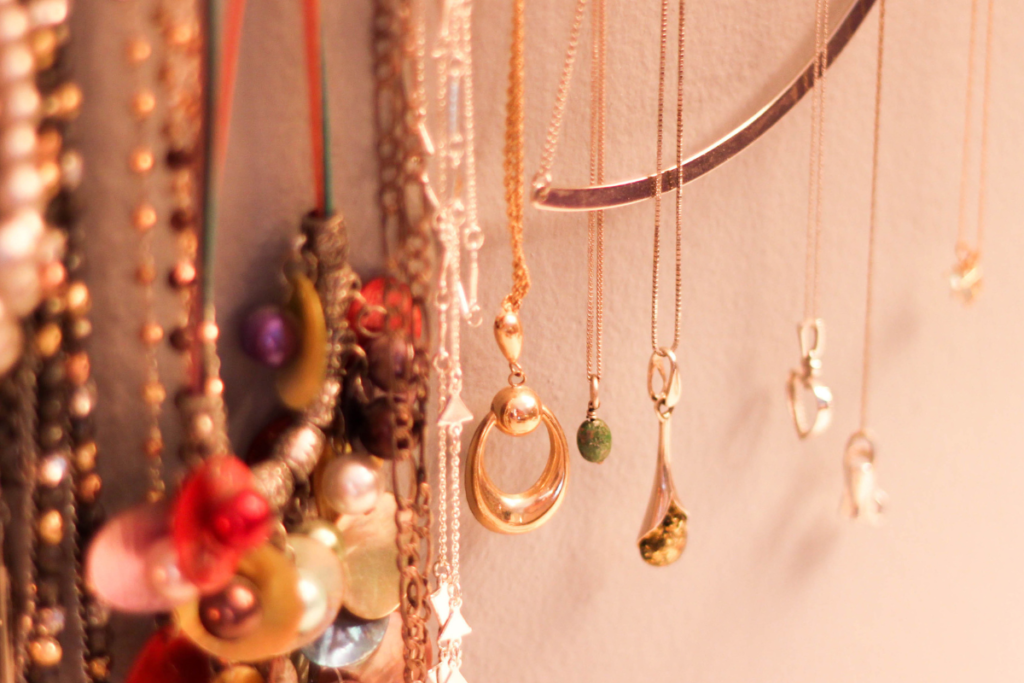
For thousands of years, jewelry has been an essential component of human culture. People have worn jewelry to beautify themselves, express their personalities, and denote their social rank from ancient times to the present. Jewelry is now frequently given as a gift on major occasions including birthdays, anniversaries, weddings, and graduations. But why is jewelry such a potent gift, and what makes it so? In this post, we’ll examine the numerous justifications for why jewelry makes for a special present that the recipient will treasure for a lifetime.
Emotional Value
The sentimental significance of jewelry is one of the main factors contributing to its popularity as a gift. Jewelry can be worn to mark significant anniversaries and life events. An engagement ring might stand for a lifetime of dedication and love, while a necklace or bracelet can serve as a memento of an unforgettable vacation or cherished memory. A mother might give her daughter a family heirloom, signifying a tie spanning several generations. Each time, the jewelry serves as a concrete representation of a treasured feeling or experience rather than simply an item.
Style Declaration
Jewelry not only has sentimental meaning, but it also makes a strong fashion statement. A person’s personality, attire, and general appearance can all be enhanced by the proper piece of jewelry. Jewelry can make an outfit look spectacular, whether it’s a classic pearl necklace, a striking statement necklace, or a delicate pair of earrings. The proper accessory can generate a conversation and let the wearer exhibit their individual style and preferences.
Investment
Jewelry’s potential as an investment makes it a popular gift item, too. Over time, fine jewelry, especially items composed of precious metals and gemstones, can increase in value. Jewelry is therefore a good present for milestone events like weddings and anniversaries because its worth can rise over time. A valued family relic with high sentimental and monetary worth, jewelry can also be passed down from one generation to the next.
Personalization
Because it may be customized to the recipient’s tastes and preferences, jewelry is also a popular present item. Gifts can be made more memorable and thoughtful by adding a personal touch, such as a birthstone necklace or a bracelet with a monogram. The jewelry’s design can also be personalized, with unique pieces made to match the recipient’s character, sense of style, and interests.
Symbolism
Jewelry frequently carries symbolic value, making it an appropriate present for important occasions. A cross necklace, for instance, can stand for religion and spirituality, while a pendant in the shape of a heart can indicate love and affection. Similar to this, birthstones are frequently connected to particular traits and attributes like faithfulness, strength, and courage. Gift givers can convey their feelings in a potent and concrete way by selecting jewelry with a specific symbol or meaning.
Durability
The last present that is made to last is jewelry. Jewelry has a longer shelf life than consumables like flowers or chocolates, which can be worn and cherished for a lifetime. High-quality components and skilled craftsmanship ensure that fine jewelry is made to last for many years, if not decades, after it is purchased, keeping it in outstanding condition. As a result, jewelry can act as an enduring memento of an important moment in time, a treasured memory, or a unique occasion.
As a present, jewelry has a lot of advantages, from its sentimental worth to its potential for growth as an investment. Jewelry has the ability to express feelings, reflect personality, and improve look, whether it is a personalized necklace, a symbolic bracelet, or a timeless pair of earrings. given on significant occasions or just as a simple expression of affection and gratitude.
